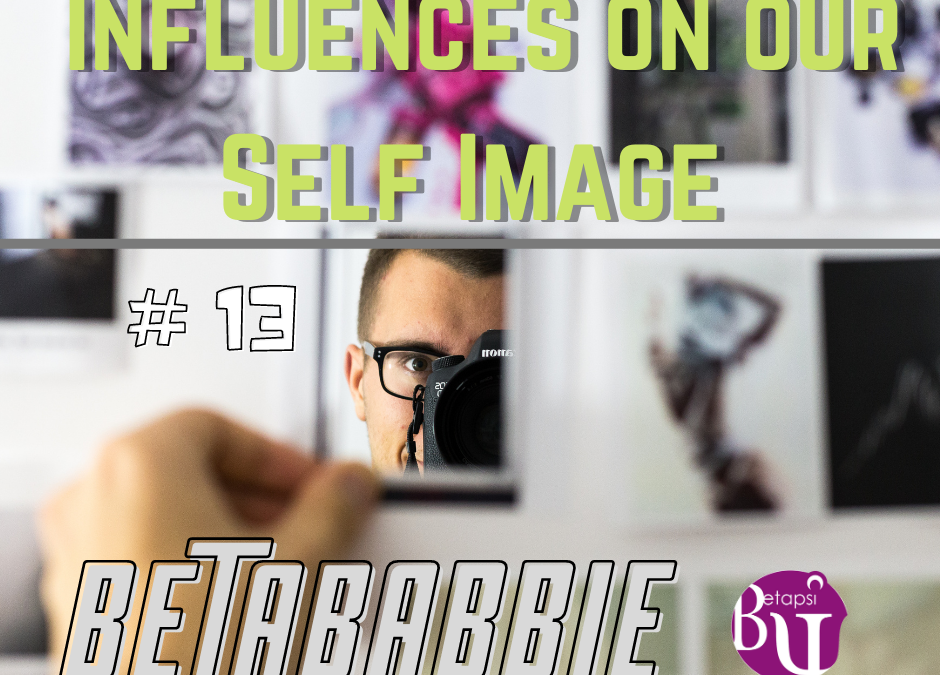How many times do we compare ourselves to the ideal body type?
How many times do we attempt to style our hair the same way a specific celebrity does?
How many times do we look up to people just because we believe they are better than
us, even to an extent of believing they are perfect?
Our self-perceptions are undoubtedly influenced by those we see around us. Through
a cognitive process called modelling, human beings have a tendency to copy
attitudes, language and forms of behaviour of any other they admire. This could be
anyone – from parents, to superheroes, friends, or teachers!
Notably, however, many people’s perceptions are shaped, influenced and modelled by
actual models – in the sense of the actual people who are chosen to be featured in
advertisements, movies, and other forms of promotional media.
How rare it is to see a perfume advertisement with a male who looks nothing but
athletic? And what about plus-sized models? The impact that these small details
could have on adolescents casually browsing channels on their televisions or even
scrolling through their social media could be endless. How? Adolescents may easily
grow up to the idea that there is a specific body type that is more ‘ideal’ than others,
which may lead to what we may call an illusory expectation, engrained in them
through the media. Obviously, whilst inarguably it is healthy to be athletic, the focus
here is more on the subliminal messages and how implicit models can shape and
determine our expectations and thoughts.
Locally, models are all similar in terms of body shape and height, suggesting a
specific body type that is appropriate to be on television – whilst other body types,
hidden and excluded from the limelight of social media. This could be interpreted
negatively by individuals who do not identify with the types of bodies portrayed in
the media. They may end up feeling as though they are not up to ‘standard’,
especially in terms of beauty and attractiveness – which really shouldn’t be the case!
What would be more beneficial is for model agencies’ structure, that tend to be in
line with the classical concept proposed by Plato, that of beauty being objective, is to
start resembling the notions proposed by Hume (1700s), that the concept of beauty is
entirely subjective, and it is subject to personal feelings and emotions.
Lastly, I believe that mega-companies, who are the main owners of the media, must
take into consideration the psychological impact they may leave on individuals. To a
certain extent, these factors may lead to self-hatred, especially if the individuals
aren’t supported with unconditional care nor educated about such systems. We all
know the serious consequences of self-hated, if accumulated over time.
Rather than disagreeing with the system, instead let us push for change! To quote
David Hume: “Beauty is not quality in things themselves: it exists merely in the mind
which contemplates them; and each mind perceives a different beauty.”
-Anonymous

